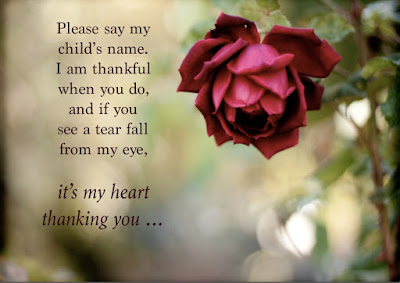The stakes were high. My heart pounded inside my chest as one-by-one my fellow comrades either passed the proverbial litmus test, or melted into a puddle of shame and disgrace. Oh, how powerful are the words of a teacher.
 |
| Kindergarten Class Photo |
It was an overcast morning at Benson Hill Elementary School in Renton, Washington. I was five-years-old and it was the first day of Kindergarten. Obediently, our class of thirty students sat in a racially biased position called "Indian-style" (which today is more appropriately called, "Criss-Cross Applesauce.")
Ms. Heartless (not her real name) sat perched on a wooden stool carefully eyeing her new class. The activity was her idea of a "fun" way to begin the year. The "fun" activity went something like this.
"Boys and girls, when I call your name you are to respond by clapping the syllables that are in your name. I will start. Ms. Heart (clap) less (clap). I have two syllables in my name."
 |
| 1st day of Kinder, 1967 |
I watched and listened as one-by-one the other students clapped their name. "Bob (clap) by (clap)".
I was poised and ready. When my turn finally came a surge of confidence coursed through my veins, "Tam (clap) ra (clap)."
Immediately, Ms. Heartless chided me. "No, you have three syllables in your name, Tam(clap) a (clap) ra (clap)."
My head begin to spin. I was confused. I felt like everything from that moment on would define me. And so I did the unthinkable, I corrected my teacher. My palms sweated as I clapped my name once again, "My name is Tam (clap) ra (clap). It's TWO syllables."
Mrs. Heartless looked down at her class list. With the assurance of an expert marksman, shot a rebuttal that went straight through my heart, and reverberates to this day,"No, your name has THREE syllables...."
In spite of spelling my name TAMRA on school papers, Ms. Heartless seemed convinced that my name needed an extra 'a'.
And so for the first half of Kindergarten, I went by the name "Tamara" (with an extra 'a') pronounced "Tam-a-ra" because of a typo on the class roster which in the 1960's was as sure as a computer hard drive. It wasn't until my six-year-old birthday invitation written to my class (and teacher) signed "TAMRA", did Ms. Heartless realize that there had been a misprint on her roster.
I recalled this event on the first day of teaching Kindergarten.
It was 1984, six years after the mini-series "Roots" by Alex Haley had taken America by storm exposing the heartlessness in which black Americans had been stripped of their identities during slave trade. As a result, there had been a surge of names from African cultures in newborns. These children were now entering school for the first time.
As I prepared name tags to tape to desks, I realized that I was writing names rich in culture like: Shawneebria, Lakesha, and Kairaba. Children's names I could barely pronounce, much less spell. Because of the high poverty rate, many of these children came to school hungry, never having visited the zoo or had ever smelled a new box of crayons.
I decided then and there to learn to spell and pronounce every child's name correctly, as if they mattered more than shapes, colors, sight words, or any part of the curriculum.
While I am no longer in the classroom, I have kept my promise to myself and to every student who I have taught. If I messed up on a spelling or pronunciation, I would tell my students, "Until I get your name right, you can call me Mrs. Penny." That usually sped up the process.
As our classrooms, schools, and districts become more and more diverse, it is easy to skip-over or abbreviate a child's name. I've even heard teachers say "Hey, you" to get a student's attention or roll their eyes. But what if teachers took pause for a moment and placed as much of a priority on a child's name as a Common Core Standard?
What if every child...every day...from every teacher,,.heard their name?
Confession Reflection
- Why is it important to pronounce and spell our student's names correctly? How does this support student learning?
- What are some ways teachers can support learning student's names? i.e. instead of a word wall have a name wall; cultural celebrations
- Why is perception important? How can educators help students and parents feel emotionally safe and valued? i.e. body language, tone of voice, facial expressions
